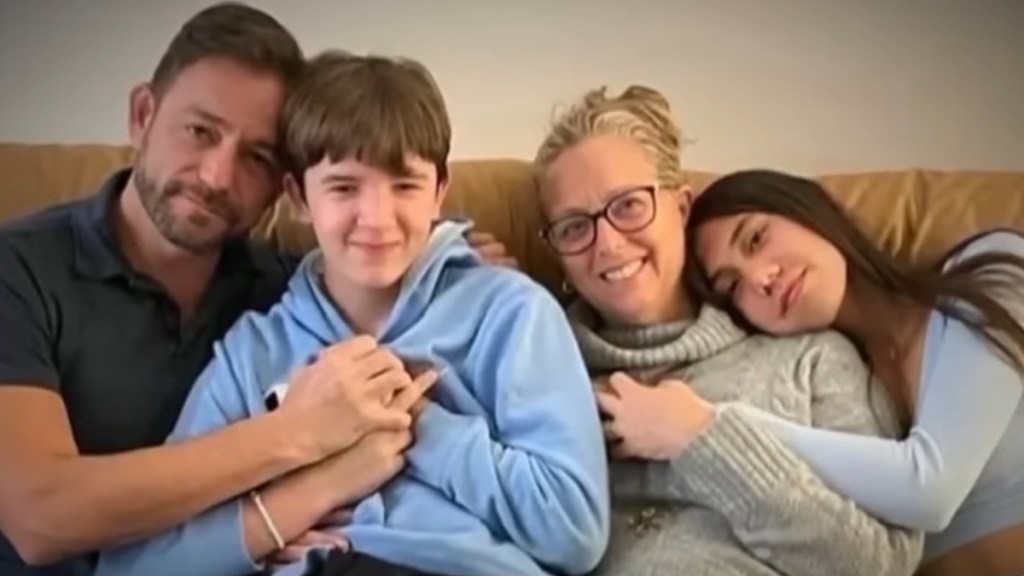Getting diagnosed with cancer is absolutely devastating. This is especially true when the type of cancer affects the brain. That was the case for Rachel Guberman at the age of 50. This is when she was diagnosed with Oligodendroglioma, the most common form of brain cancer. This type of cancer tends to grow slowly and, usually, isn’t considered curable. While surgery can be an option, it often spreads, making chemotherapy and radiation therapy the only options. But these options come with their own drawbacks, too. That’s why this new brain cancer medication is so life-changing.
Videos by InspireMore
The medicine is called Vorasidenib. It’s been put through trials, so far proving to prevent the growth of lower-grade brain tumors. Doctors are calling this a “game changer.” This can be seen in the way nearly half the patients in their trials haven’t needed chemotherapy or radiation years later. Learn more about this life-saving brain cancer drug, and Rachel’s own journey, in the video below.
With nearly 25,000 people expected to be diagnosed with a malignant brain and spinal cord tumor, it’s clear that medication like this has the power to change so many lives. This impact can already be seen in those who have taken part of the trial, including Rachel.
It can take quite a while for medications and treatments to get approved for use. That’s why it’s so exciting that, after years of trials, Vorasidenib could officially get approved by the FDA as soon as August 20 of next month!
Life-Saving Brain Cancer Drug May Get FDA Approval Soon
“What’s exciting is this is a development that we haven’t seen in over 20 years,” Katherine B. Peters, neuro-oncologist at Duke Cancer Center says, “… when we looked at our patients that received vorasidenib in comparison with the placebo, those patients had a much improved prognosis, such that their progression-free survival was extended to 27.7 months compared with 11 months, which is a very large, statistically significant difference.”
You can find the source of this story’s featured image here!
Want to be happier in just 5 minutes a day? Sign up for Morning Smile and join over 455,000+ people who start each day with good news.


